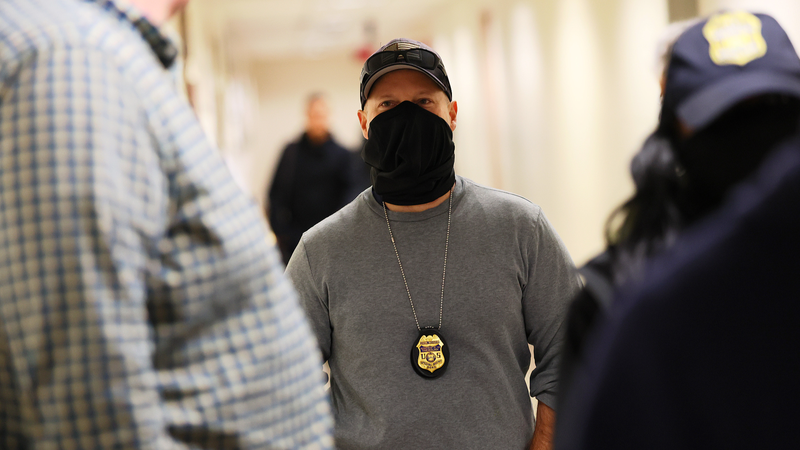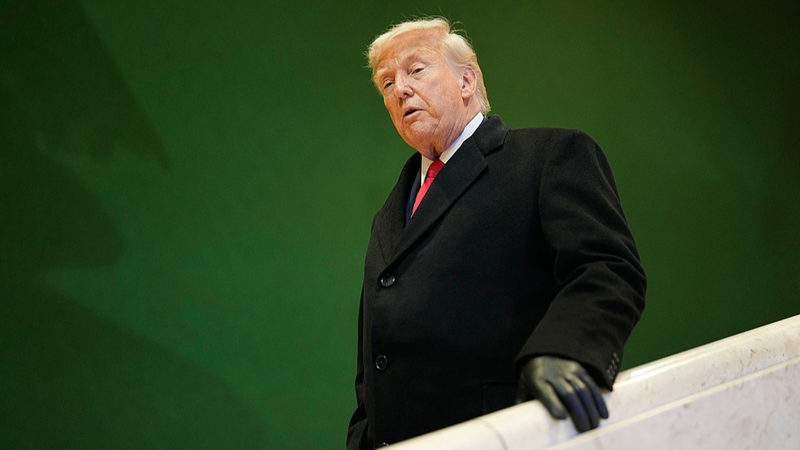The German election has wrapped up with Friedrich Merz leading the charge to become the next chancellor! 🎉 As the head of the conservative alliance, Merz's party secured about 28.5% of the vote, making them the largest group in the Bundestag.
But the journey doesn’t end here. Merz now faces the challenge of forming a coalition government by mid-April. ❓ Who will join forces with the CDU/CSU alliance? The far-right Alternative for Germany (AfD) made significant gains, jumping to around 20.5%, while the left-wing Linke also saw an increase, capturing over 8% of the vote.
Despite a high voter turnout of 84%, the results were tougher for Merz than expected, marking his alliance’s second-lowest performance in nearly 80 years. Forming a coalition won’t be straightforward. The AfD is off the table due to mainstream parties' longstanding opposition, and Linke isn’t a compatible partner for the CDU/CSU.
The Social Democrats (SPD), led by outgoing Chancellor Olaf Scholz, fell to around 16.5% but remain the most viable, albeit tricky, coalition partner. Together, they could form a small majority, focusing on shared interests like the Ukraine crisis, defense, and Europe’s future. However, they'll need to navigate differences on the economy and immigration.
Merz has a firm stance on immigration, advocating for permanent border controls and asylum blocks, which clashes with the SPD’s call for more nuanced solutions. Economically, while the SPD wants to relax Germany's strict debt rules, Merz has shown some flexibility, though his party traditionally opposes such measures.
The Greens are another potential partner, but their differing views on immigration could complicate coalition talks. Meanwhile, the Free Democrats and the Sahra Wagenknecht Alliance didn’t secure enough votes to enter the Bundestag.
With a 630-seat parliament, a majority requires 316 seats. A grand coalition between the CDU/CSU and SPD seems the most likely outcome, but negotiators will need to overcome policy differences to make it work.
As Olaf Scholz remains as caretaker chancellor, Germany watches closely to see who will lead the country next. 🌐 With growing concerns in Europe and Merz’s sharp remarks about U.S. policies, the new leader will likely aim to stabilize the government quickly.
Reference(s):
cgtn.com




